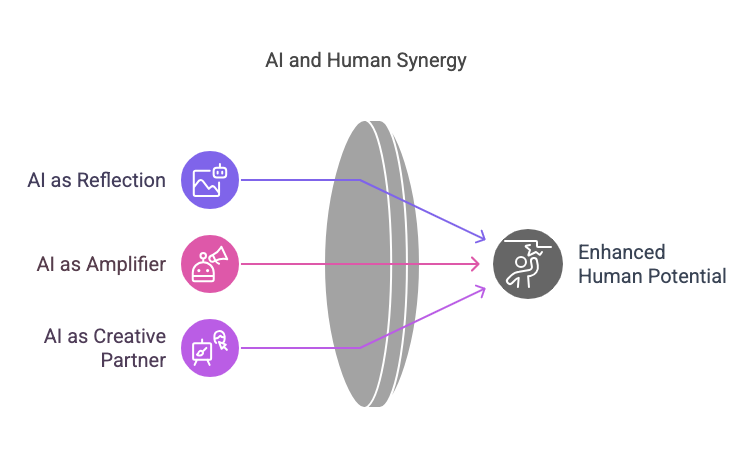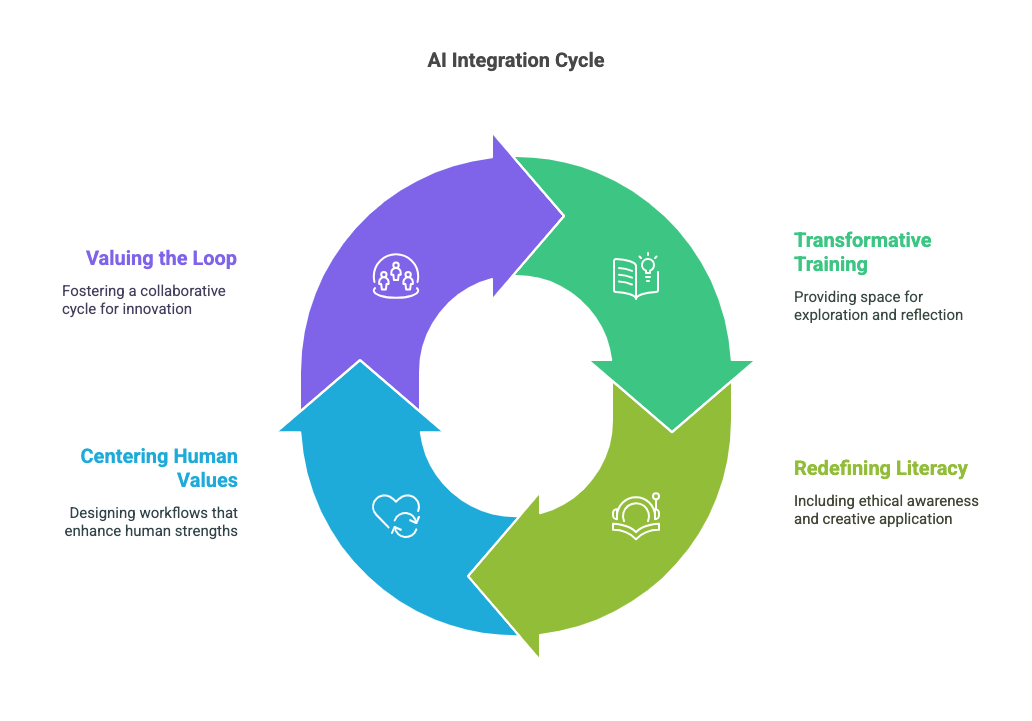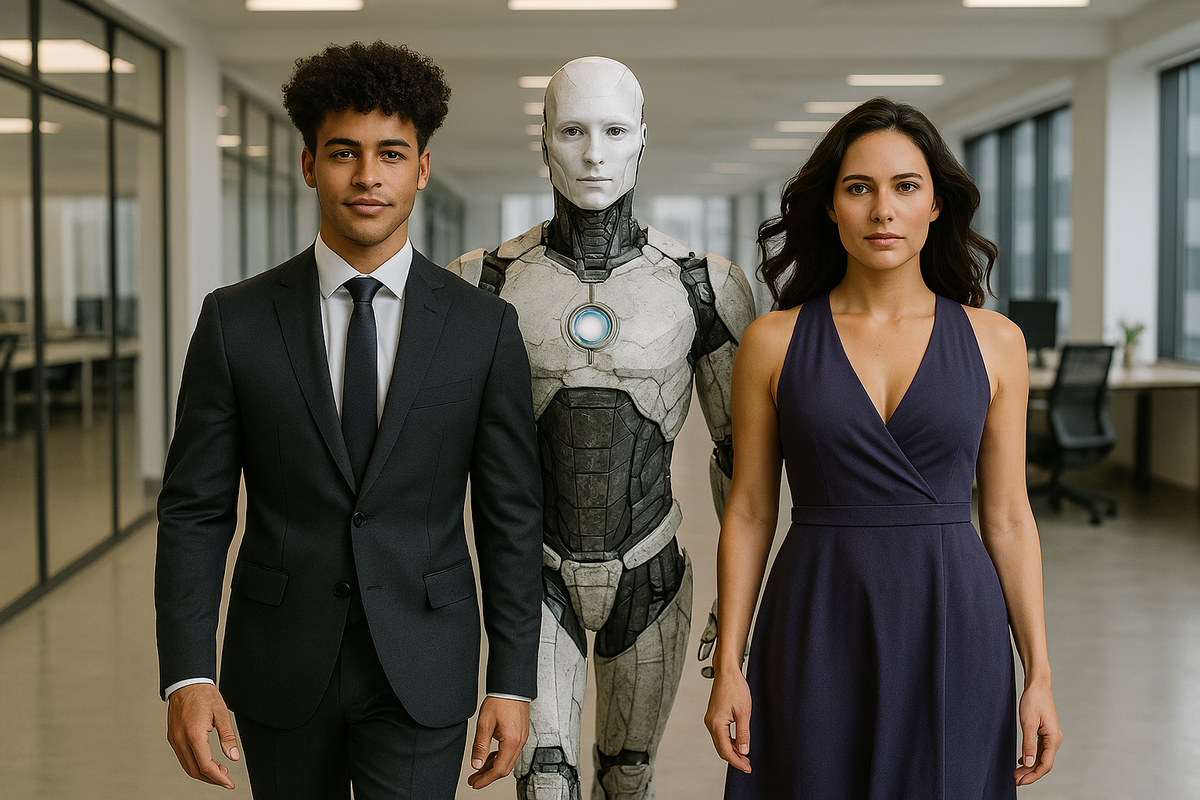In a move that signals a new era of work, Shopify CEO Tobi Lütke declared that proficiency with AI is now a core expectation. One that will influence hiring and performance reviews. No new hires without first proving that AI can’t do the job.
This isn't just about streamlining. It's a shift in how we define talent, contribution, and creativity in the age of intelligent systems.
But here’s the real question: Is this the future of work or the future of workers themselves?
From Tool to Threshold
Lütke’s policy echoes the core message of the Augmented Mind. AI isn’t our replacement. It’s our reflection, our amplifier, our creative partner. I envision a future where AI extends not just what we can do, but who we can become.
This isn’t automation. It’s amplification. When humans and AI think together, a “third intelligence” emerges. One that is more adaptive, more generative, and more multidimensional than either alone.
But what happens when the use of AI shifts from being a choice to being a condition of employment?

Implications Across Industries
In Tech and SaaS:Expectations like Shopify’s could become the norm. Engineers may be evaluated not just on what they build, but how effectively they collaborate with AI to prototype, debug, and optimize. Product teams might be expected to use AI to simulate user behavior before investing in real-world testing.
In Education:While AI can enrich learning experiences and personalize education, we risk losing the nuanced human presence that shapes student growth. Empathy, improvisation, and ethical reasoning can diminish if teachers aren’t trained in how to use AI as a scaffolding, not a crutch. Professional development must focus on integrating AI without displacing relational intelligence.
In Healthcare:AI might enhance diagnostics and care recommendations, but it must not depersonalize the healing process. Healthcare professionals need frameworks to balance data-driven decisions with the moral complexities of care. Human bedside manner is not a bug in the system, it’s an essential feature of healing.
In Creative Industries:AI can accelerate iteration and cross-pollinate styles, but without creative discernment, we risk a flood of sameness. To keep originality alive, creatives must learn to use AI not as a shortcut, but as a stimulus to test boundaries, explore new territory, and infuse work with human nuance and narrative.
In Law and Policy:When AI enters governance, equity is at stake. Lawyers and analysts must be trained not just in how to use AI, but in how to interpret, critique, and ethically constrain it. Legal judgment should be informed by AI, not overwritten by it.
What Must Be Done: From Pressure to Empowerment
For AI to be a positive force in the future of work, we must move from forcing to integration. That means:
- Training for transformation, not just tool use. Workers need space to explore, play, and reflect with AI, not just meet quotas.
- Redefining literacy. AI fluency should include ethical awareness, system critique, and creative application, not just prompt engineering.
- Centering human values. We must design workflows where AI augments human strength, not erodes it where judgment, empathy, and imagination are irreplaceable assets.
- Valuing the loop. The most powerful outcomes arise from a collaborative cycle. AI expands the field of possibility, and humans refine, steer, and humanize.

The Takeaway
Shopify’s policy might be a leading indicator of a broader shift. A world where AI fluency becomes a gatekeeper to opportunity. But whether this creates a more empowered, creative, and capable workforce or simply a more efficient, compliant one is still unfolding.
This is not just a tech story. It’s a human story. A story about how we define intelligence, collaboration, and progress in an age of artificial minds.
And it asks all of us. What kind of intelligence do we want to cultivate not just in machines, but in ourselves?

